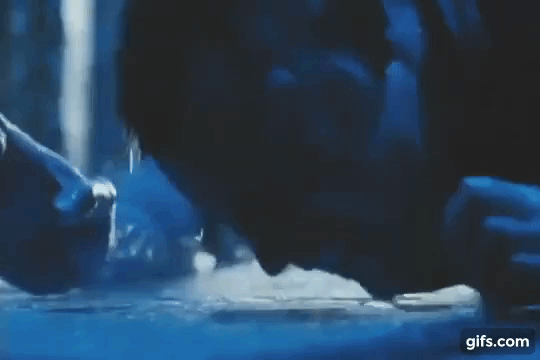Rose Byrne’s Icy Beauty & Capa’s Epic Leap
by FPDieulois :: 2025-11-04
Sunshine (2007), Danny Boyle’s luminous sci-fi odyssey, claims its spot among my 50 favorite films
with a breathtaking fusion of cosmic grandeur and human fragility.
While Ridley Scott’s
aesthetic zenith in Prometheus (2012) faltered in Alien: Covenant (2017),
Boyle—working from Alex Garland’s script—delivers a near-perfect balance of awe and tension.
The Icarus II spacecraft, the Sun’s blinding primacy, Rose Byrne’s coolly radiant Dr. Cassie Green,
and physicist Robert Capa’s final heroic jump form a symphony of light and sacrifice.
John Murphy’s zen-like score elevates it all, though the villain’s rushed arc undermines the suspense.
The Icarus II: A Cathedral of Gold and Shadow
Designed by Mark Tildesley, the ship is a marvel—sleek solar shields like golden wings, cavernous payload bays
housing a Manhattan-sized bomb, observation decks gazing into the Sun’s furnace.
Boyle films it with reverence: slow glides through dust-moted corridors,
heat ripples warping metal, the massive shield blooming like a mechanical flower.
It’s not just a vessel; it’s a fragile ark carrying humanity’s last hope, its grandeur dwarfing the crew.

The Sun in First Place: God, Destroyer, Savior
The Sun dominates every frame—never a background star, but the film’s true antagonist and deity.
From the opening shot of its roiling surface to the payload’s detonation, it’s a character: searing, silent, indifferent.
Boyle and cinematographer Alwin Küchler lens it with religious intensity—coronal loops like cathedral arches, flares erupting like divine wrath.
The crew’s mission to reignite it becomes a pilgrimage, their awe turning to terror as proximity melts sanity.
Rose Byrne’s Cold Beauty: Cassie as Fragile Ice in a Fiery Void
Byrne’s Cassie, the ship’s botanist, brings ethereal poise to the ensemble.
Her pale skin and sharp cheekbones glow against the ship’s amber lights, her calm voice a counterpoint to the crew’s fraying nerves.
She’s not the emotional center—that’s Cillian Murphy’s Capa—but her quiet strength,
especially in the oxygen garden’s lush green sanctuary, grounds the film’s humanity.
Her final acceptance of doom, eyes wide in the Sun’s glare, is heartbreakingly serene.
Capa’s Epic Finale: The Jump and the Bomb
Murphy’s physicist Robert Capa (Cillian Murphy) delivers the film’s soul-shattering climax.
As the payload malfunctions, he spacewalks to the bomb bay, manually detonating it inside the Sun’s photosphere.
The sequence—time dilating, light fracturing into prisms, Capa’s hand reaching toward infinity—is pure cinematic transcendence.
His jump into the payload, body silhouetted against solar fire, is less suicide than apotheosis:
a man becoming the spark that saves Earth.

John Murphy’s Zen Score: Serenity Amid Stellar Chaos
Murphy’s soundtrack—minimalist piano, choral swells, electronic pulses—mirrors the Sun’s duality.
“Kaneda’s Death” echoes in the payload run; “Capa’s Last Transmission” floats like a requiem.
It’s music that breathes with the ship, zen-like in its restraint, amplifying awe without overwhelming it.
The Villain’s Flaw: Pinbacker, a Rushed Shadow
Captain Pinbacker (Mark Strong), sun-mad survivor of Icarus I,
should be the film’s dark mirror—faith twisted into fanaticism.
Yet his reveal is abrupt, his motives thinly sketched, his scarred visage more jump-scare than tragedy.
Garland’s script gives him no arc, no suspenseful buildup; he’s a plot device, not a character.
This single misstep dims an otherwise flawless gem.
Boyle, blending hard sci-fi with spiritual poetry, crafts a film where beauty and doom entwine.
The Icarus II’s majesty, the Sun’s godlike presence, Byrne’s icy grace, Capa’s sacrificial leap,
and Murphy’s meditative score create a near-perfect whole—marred only by a villain who deserved better writing.

< B > My Personal Blog < B > List of all my Blog posts < B >
(c)FPe COPYRIGHT @FPDIEULOIS 2025